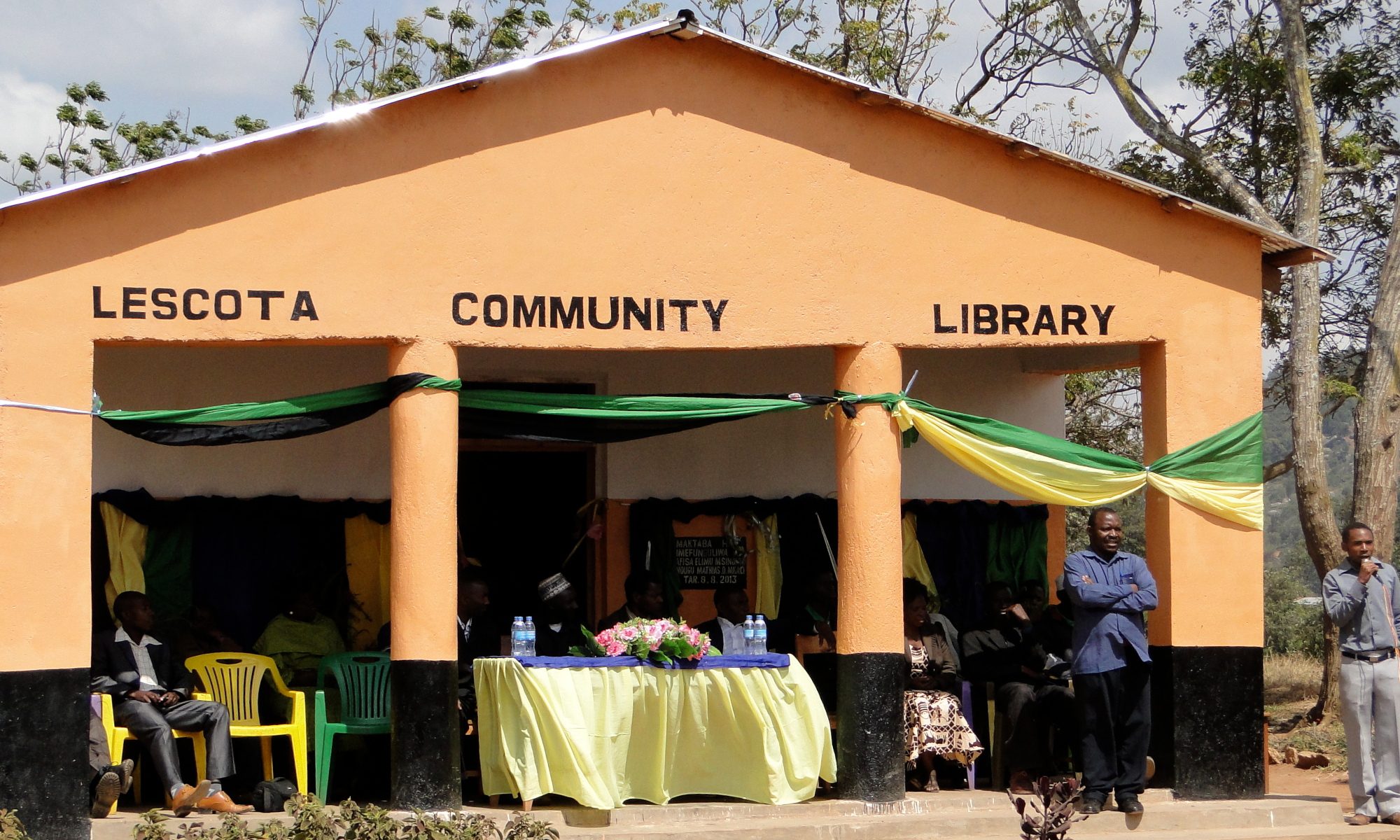Tanzania Teacher Shortage
Ruvuma Math/Science Teacher Shortage
Tanzania: New Law Allows Mothers Back in Schools
Finally, a new law has been put into effect in Tanzania that will allow the education of one of the most important segments of society, mothers. Previously, when a student at any stage of schooling became pregnant, she would be expelled and any hope of a further education all but erased. The only way she could get back to school was through back-door channels, often involving bribes and cover-ups or private school. Therefore, the only ones who could take advantage of such a system were those whose families could afford it.
The new law will allow young mothers to return to their schooling after they have given birth. While students in countries like the U.S. can attend school even while pregnant, this law does not allow for that, but does give them some chance in the future. How many new mothers will take advantage of this is another question. First, they have had a long gap of several months in their education. Second, once they have given birth, care must be provided for the child. If there is no cooperation on the part of the mother’s family, going back to school will not even be an option, as she must now provide for her child. All the same, at least the option is now available where it once was not. After all, to educate a woman is to educate a nation. If the mothers are not educated, where will their children end up?
(full article here in The Citizen)A-Level Selection
Congratulations to Kornel Mbele, one of our sponsored students! He has been chosen to study CBG (Chemistry, Biology, and Geography) at Ndanda Secondary School for Advanced Level High School, a two year continuation of secondary school, before entering University.
For A-Level selections, visit the Ministry of Education website.

